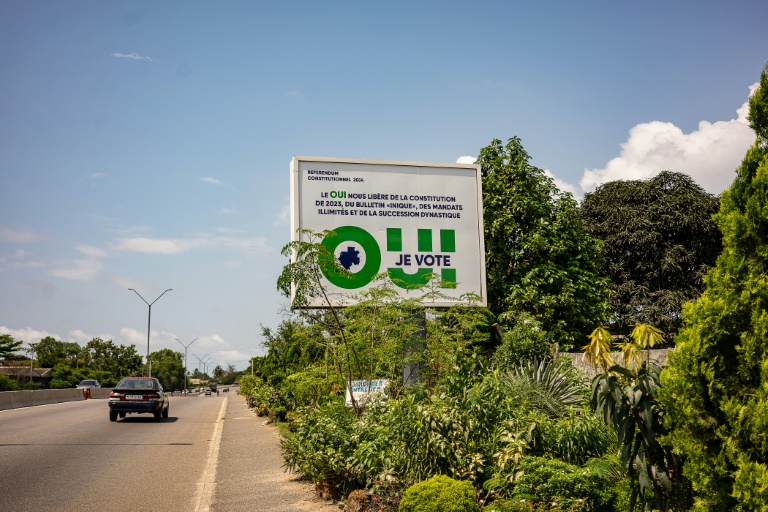Shoppers buying milk at Tesco, Sainsbury’s have been warned they face paying over the odds depending where their supermarket’s store is located.
Nipping to the shop for a bottle of milk is an age old tradition but if you rely on smaller ‘convenience’ supermarkets, you face paying over the odds – even if the retailer is the same.
New analysis from consumer magazine Which? price compared 42 everyday key items, comparing the price at larger supermarkets and their smaller ‘local’ or ‘Extra’ convenience store equivalents from the same retailers.
It found that across all three supermarkets which have smaller stores, Tesco, Sainsbury’s and Morrisons all charged 8 percent more for an identical bottle of milk.
Shoppers pay 8 percent more for two pints of own brand semi skimmed milk at all of the three supermarkets’ smaller chains, it said.
Other problem items include Philadelphia soft cheese, which cost 63 percent more at Morrisons Daily than it did at Morrisons’ normal supermarkets and 26 percent more at Tesco Express than Tesco and 20 percent more at Sainsbury’s Local than big Sainsbury’s.
Morrisons’ own brand chickpeas cost more than twice as much – £1 versus 49p – at Morrisons Daily than they did at Morrisons’ larger supermarkets, Which? Found.
A handful of items were cheaper at smaller stores – Doritos were 15 percent cheaper and Kenco Millicano instant coffee was 32 percent cheaper at Morrisons Daily.
Which? Said about the finding: “While many of us choose to use convenience stores for top-up shops and food on the go, others have no choice but to use them. Just under a fifth of convenience store shoppers say their nearest large supermarket is too far away, and nearly one in eight don’t own a car. Others say online shopping isn’t an option for them.
“Last year, Which? mapped where people are most likely to struggle to access affordable food in our Priority Places for Food Index, developed with the Consumer Data Research Centre at the University of Leeds.
Many of these communities are characterised by poor proximity to large supermarkets, relatively poor online-delivery access and socio-economic barriers such as fuel poverty, all of which can lead to a greater reliance on convenience stores. Indeed, 66% of households earning less than £21,000 per year shop in a convenience store at least once a week. “
Which? Added: “When we put our findings to Tesco, it said its Express stores are mainly in built-up areas where rents, rates and operating costs are higher, and the difference in prices of some products reflect these increased costs. It also said customers make different ‘shopper journeys’ at Express stores, so it tailors Clubcard offers to suit customer shopping habits.”
A Sainsbury’s spokeswoman told PA: “There may be price differences between convenience stores and supermarkets. This is because our Sainsbury’s Local stores, which tend to be located in city or town centre locations, often have higher operating costs relative to their size, such as rents and business rates.”
Morrisons said: “We’re always working hard to keep prices down and competitive for our customers while maintaining high standards and availability in all our stores. Last year, we became the first supermarket to introduce our budget ‘Savers’ range into Morrisons Daily stores nationwide.
“We know our customers and business partners would like to see the More Card accepted in Morrisons Daily stores, so we are actively working on introducing the offer into our convenience estate in the coming months.”







